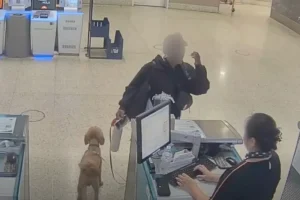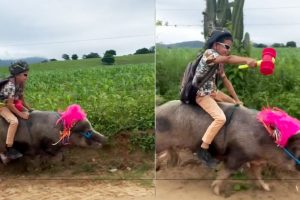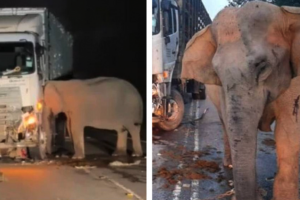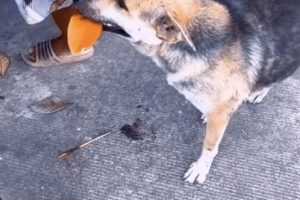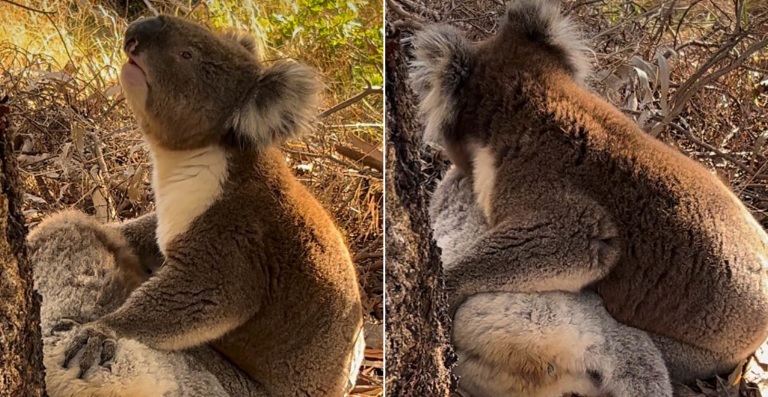
Australia has been known for Koalas living in their forests. It has been their natural habitat. Sadly, these animals are exposed to the inevitable dangers that occur in open terrain, such as wildfires, among others.
Recently, rescuers received a distressing call from concerned citizens about a male koala that they found hugging what seems to be a deceased female koala. Apparently, he was in mourning for losing his mate.
On February 22, a round-the-clock organization based in Adelaide, the Koala Rescue group, shared a video of the heartbreaking incident. According to the rescue group, passersby in Coromandel Valley, south-east of Adelaide, spotted a male Koala hugging a deceased female Koala that seemed to be his mate.
“This type of behavior is rarely witnessed by our rescuers but confirms the empathetic and caring nature of koalas… the male koala’s reaction to death really does represent the truly beautiful nature that koalas are capable of representing,” the rescuers stated.
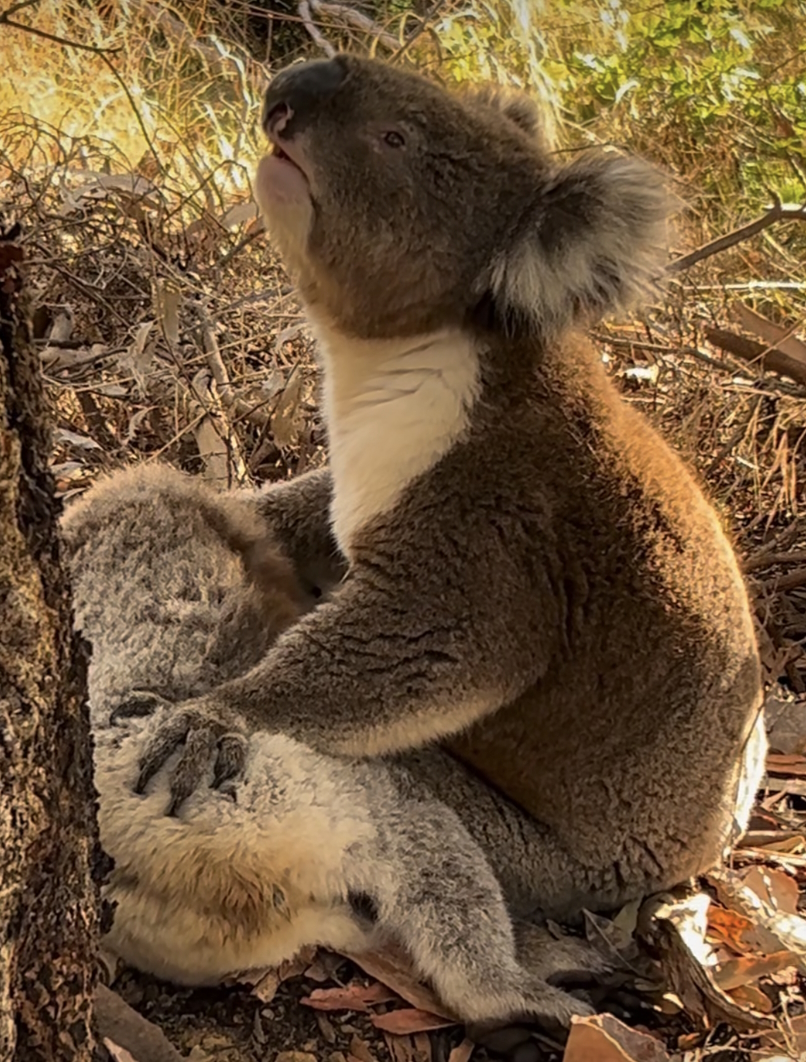
The female Koala was found lying under a tree, and a male Koala was clinging to his mate. He embraced the lifeless body just as humans would do when a loved one passes away. A woman named Daniella and her daughter stayed with the Koala couple when the rescue team arrived at the scene. They thanked them for immediately alerting the group of the incident.
The group rescued both the male and female Koalas and made sure the male was in good health before releasing him again into the wild. The heartbreaking video left viewers feeling sad for the male Koala for losing his mate.

YES, animals do have empathy.
Research showed that animals do display several forms of empathy similar to humans, and grief is the most common emotion they share with us. Animals in the wild, such as elephants, dolphins, and wolves, have displayed behaviors similar to grieving, which indicates empathy. Such behaviors include decreased eating or sleeping, heightened agitation, tending to a mate’s body, or withdrawing from social interactions.
Such instances that displayed emotions among animals in the wild were when Chacma Baboon mothers would carry their infants for up to 10 days after they passed away. In another specific incident, a Snub-nosed Monkey attempted to nurse its deceased infant back to life for 4 days until a rescue group intervened to rescue them.
During this period, the mother groomed her infant’s lifeless body and sent vocalizations for days after its removal. Additionally, she kept away from socializing in groups, displaying a withdrawal from typical activities like social grooming, a behavior similar to grieving humans.
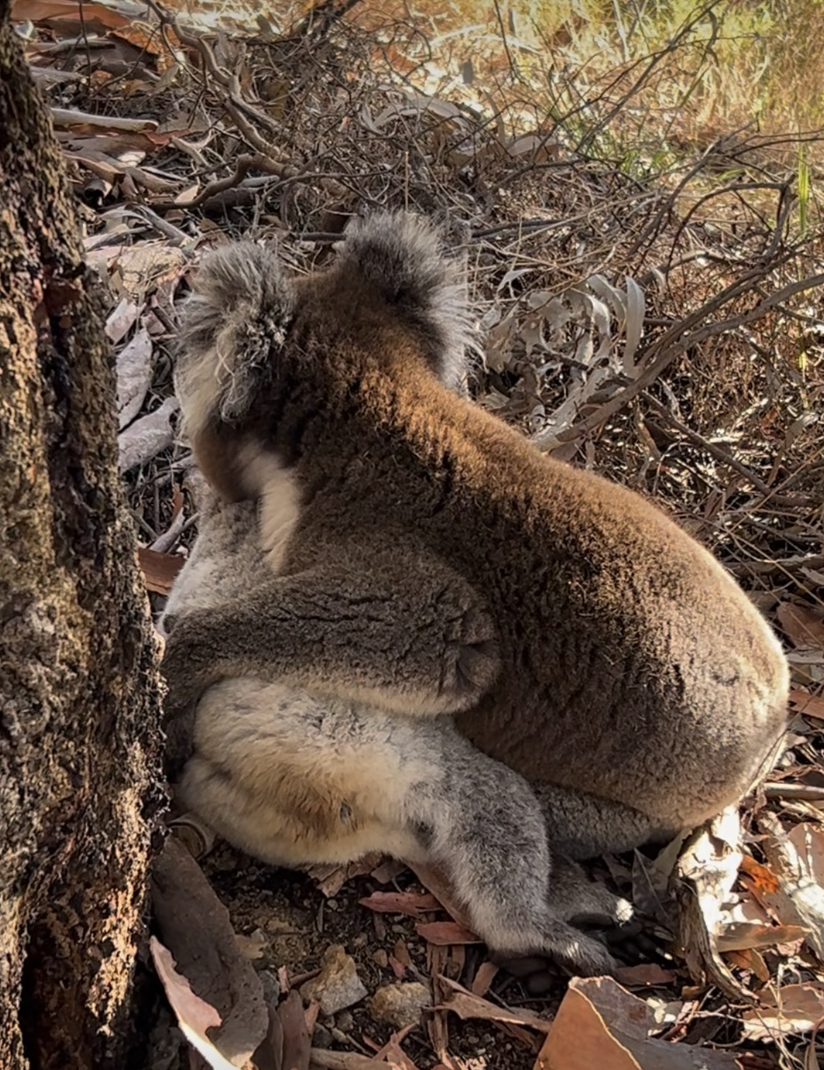
▼ Watch the heartbreaking video below with caution: 😢
Screenshot images credits: © Koala Rescue/Facebook Reels
YouTube video credits: © GFS

